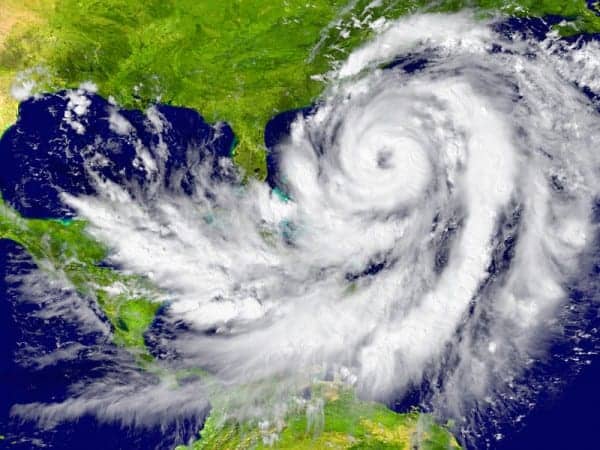By Keri Forsythe-Stephens
I write this editorial as Hurricane Irma batters the Florida coast and makes its way up to Georgia, where I live. It’s a bit terrifying—and feels all too familiar, as we watched Hurricane Harvey devastate Southeastern Texas only two weeks prior. From a medical perspective, the implications for both hurricanes have been tremendous—with hospitals forced to evacuate (Irma’s current tally? 35!) and patients forced to delay necessary treatments.
Nowhere did this ring truer than at Houston’s MD Anderson Cancer Center, where Hurricane Harvey caused the temporary closure of the hospital to outpatients. To put it into perspective: a whopping 13,000 patients had to reschedule their surgeries, chemotherapy, and radiation treatments due to the storm.
The recent influx of natural disasters has also raised questions regarding disaster preparedness. It’s a subject 24×7 Magazine covered extensively in 2015’s “Bracing for Catastrophe: HTM and Disaster Preparedness” (Read the article here.) and remains timely today.
One of the article’s biggest takeaways? The importance of having a written plan, listing all vendor contact information, in the case of a power outage or another adverse event. “The document should also include detailed procedures for recovering applications that may go down when a disaster takes place,” the article advises, as well as all device passwords.
After all, one disaster recovery analyst quipped, “There is nothing worse than having to hack into your own system.”
Preparing for unexpected events is also a major theme in this month’s issue, with 24×7 Magazine delving deeply into the subject of product recalls. Although I encourage you to read October’s cover story, “Ready for Recalls?”, for yourself, author Chris Hayhurst provides some helpful tips to assess your readiness to respond to a recall situation.
It’s a situation that will likely only escalate, as the number of medical device recalls has surged in recent years. Case in point: As of late August, there were 876,076 Class 1 units recalled per quarter, on average, compared to quarterly averages in 2016 and 2015 of roughly 310,000 and 276,000, respectively. Driving the majority of recalls are software issues, notes recall consultancy Stericycle ExpertSolutions, trailed closely by product mislabeling.
Regardless of the reasons behind the recalls, however, one fact remains: Preparing for unexpected situations—such as product recalls—is just smart. Because if the flood of natural disasters has taught us anything, it’s that we should always expect the unexpected.
Keri Forsythe-Stephens is chief editor of 24×7 Magazine. Questions and comments can be directed to [email protected].







I have a personal “disaster kit” under my bench. Enough clothes and personal items to get me thru a few days at the hospital if there is a blizzard with significant snow fall etc… Being prepared and having a disaster kit and bug out bag at work, in the car and at home can make it possible for a biomed to go to the hospital to assist as needed and provide peace of mind knowing you will be prepared if the unthinkable happens.